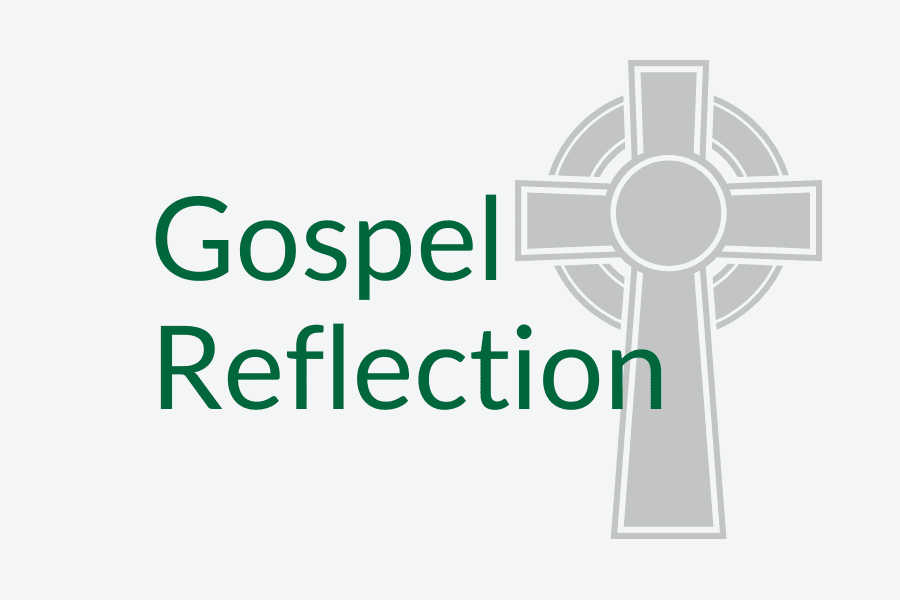Gospel Reflection Aug 18 – Kim VanHuffel
Sunday, August 18
Twentieth Sunday in Ordinary Time
John 6: 51-58
Gospel:
Jesus said to the crowds:
“I am the living bread that came down from heaven;
whoever eats this bread will live forever;
and the bread that I will give
is my flesh for the life of the world.”
The Jews quarreled among themselves, saying,
“How can this man give us his flesh to eat?”
Jesus said to them,
“Amen, amen, I say to you,
unless you eat the flesh of the Son of Man and drink his blood,
you do not have life within you.
Whoever eats my flesh and drinks my blood
has eternal life,
and I will raise him on the last day.
For my flesh is true food,
and my blood is true drink.
Whoever eats my flesh and drinks my blood
remains in me and I in him.
Just as the living Father sent me
and I have life because of the Father,
so also the one who feeds on me
will have life because of me.
This is the bread that came down from heaven.
Unlike your ancestors who ate and still died,
whoever eats this bread will live forever.”
Gospel Reflection:
I’m going to start by stealing the next line of the gospel after our reading today — “This saying is hard; who can accept it?” Well, I get the fun job of reflecting on this hard, but important, saying today. 😊
Let’s start by recognizing that this saying is in the Gospel of John right after the miraculous feeding of the multitudes. With that in the back of our minds, when Jesus says “the bread that I will give is my flesh for the life of the world,” we remember that he can perform miracles — he just did. Jesus fed his followers until they were full — from almost nothing. So, why can’t we believe that he can feed us? Well, we have to reconcile how his flesh is the food and his blood is the drink.
This is where we need to remember that we are in the Gospel of John. The gospel that starts by saying “In the beginning was the Word, and the Word was with God, and the Word was God.” It continues later saying, “The Word became flesh and made his dwelling among us, and also says “Through him all things were made; without him nothing was made that has been made.”
You see, John’s community saw the Eucharistic meal as a continuation of the Incarnation. Jesus willingly took on human flesh in the incarnation, and then gives us this flesh in the Eucharist for our salvation. And, when we eat “the living bread that came down from heaven,” we accept this miracle and believe in the living Christ. The Eucharist is consuming Jesus, being in intimate union with him, and taking on his spiritual life force “for the life of the world.”
This is a hard saying because if Jesus were just a regular human being, that would make us cannibals. But Jesus is also a diving being — he is God who took on human flesh by choice. At the time of his death, Jesus becomes for us the paschal lamb that the Hebrews were told by God to eat before they could escape their slavery in Egypt. Now God tells us to eat this holy Lamb so we can escape our slavery to sin, and gain eternal salvation. He gives himself to us to give us life.
The question is whether or not we are able to trust God and believe what he has told us. If we believe in the incarnation, and if we believe that Jesus is both human and divine, and if we believe that God is all-powerful, eternal and perfect; then why is it so difficult to believe that he makes himself truly present in the Eucharist out of love for us?
Kim VanHuffel
Pastoral Associate

